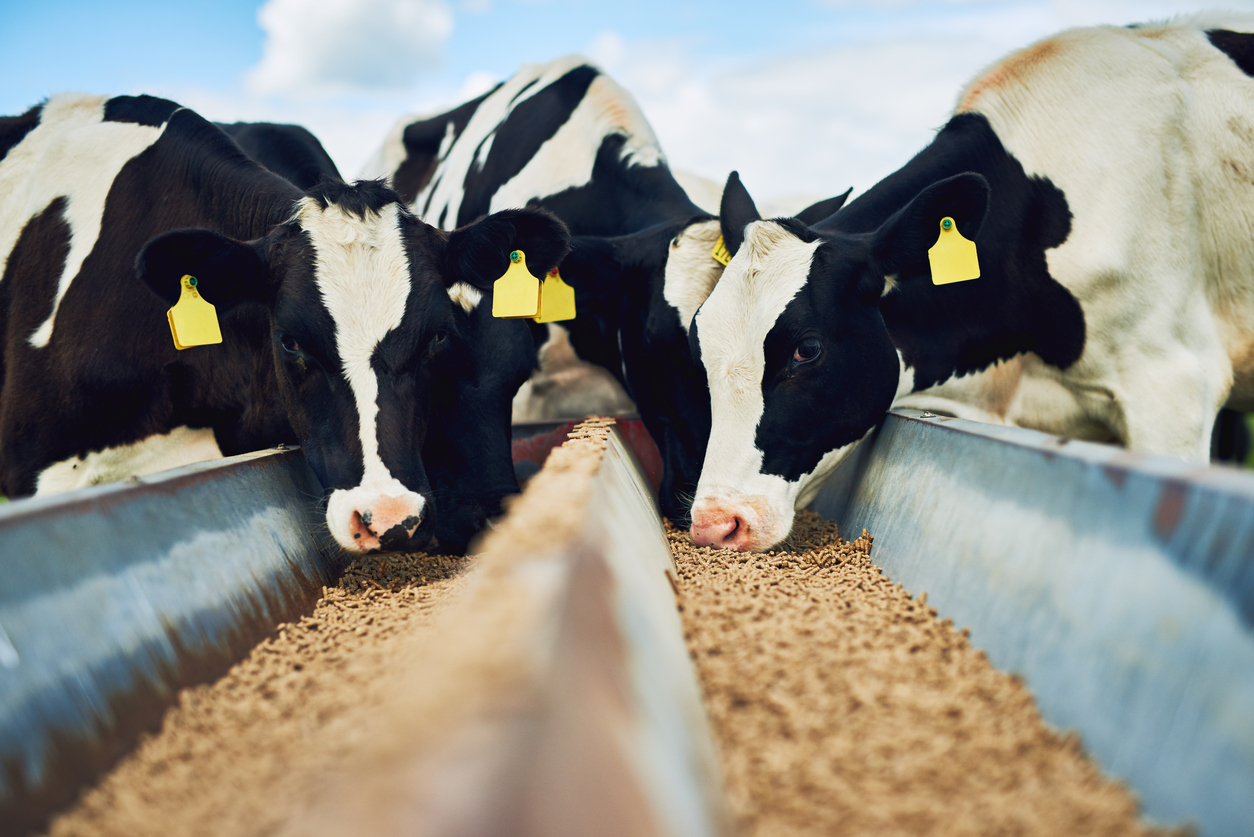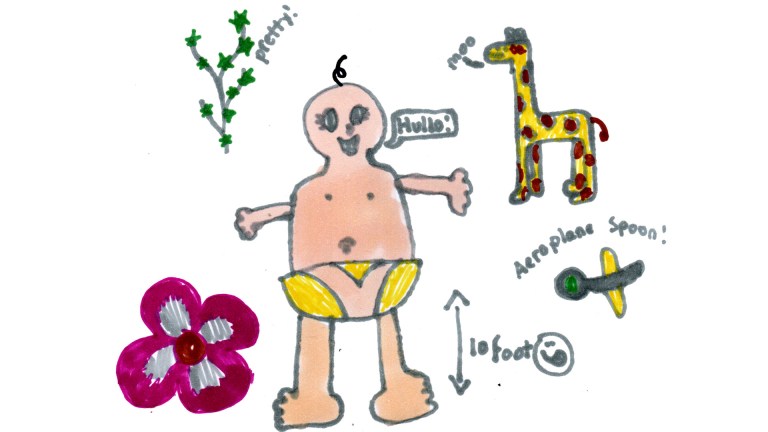Dairy
Eleven consecutive weekly falls in production during the hot, dry summer meant grass growth was poor and grazing was poorer. The farm gate price of butter has risen 24 per cent since March and continues to climb, so it’s expected to be a difficult winter for dairy farmers – and cheese lovers.
Red meat
There will be a short-term fall in red meat prices as farmers look to sell off some of their livestock to “reduce the burden on grazing land”. But don’t be fooled – this summer’s heat wasn’t only destructive to the harvest of feed for livestock, but to the animals themselves. It actually reduced the fertility of pigs, leading to an eight per cent rise in piglet prices this year. Keen festive chefs will need to fork out a little extra to wrap those pigs in blankets.
Bread
The wheat used for feeding cattle also goes into our most trusted staples like bread and pasta. In the UK, much of our grain is imported from the EU, where they suffered record high temperatures too this past summer. Industry forecasts point towards price spikes in the near future, triggering real concern for our bread-heavy British shopping baskets.
Turkey and chicken
Those birds need fed too, and the wheat shortage caused by 2018 weather whiplash has impacted poultry farming. Expect turkeys up to five times the price of last December – and fewer of them.
Wine
Perhaps the biggest blow to the festive season: millions of bottles were “eliminated” by a storm in the French wine regions of Bordeaux, Champagne and Cognac. The committee leading the champagne and wine trade likely won’t miss out thanks to the generous reserves on-hand, but there could be repercussions for Brits keen for a party over the holidays. Across the board, wholesale prices are expected to be boosted by five per cent, potentially causing the British public an extra £45m per week, equivalent to a rise of £7.15 per household per month.
Potatoes
Growers have been working round the clock to help their crops recover from one of the driest summers ever recorded, with an estimated 180,000 tonnes fewer potatoes than the same period in 2017. However unlike in 1976 – when drought-like conditions caused potato prices to rise astronomically – modern farming practices mean shopping for spuds shouldn’t make a significant dent in your wallet. A shortage is possible, though, so festive party-throwers should consider swapping those baskets of crisps for something else.










